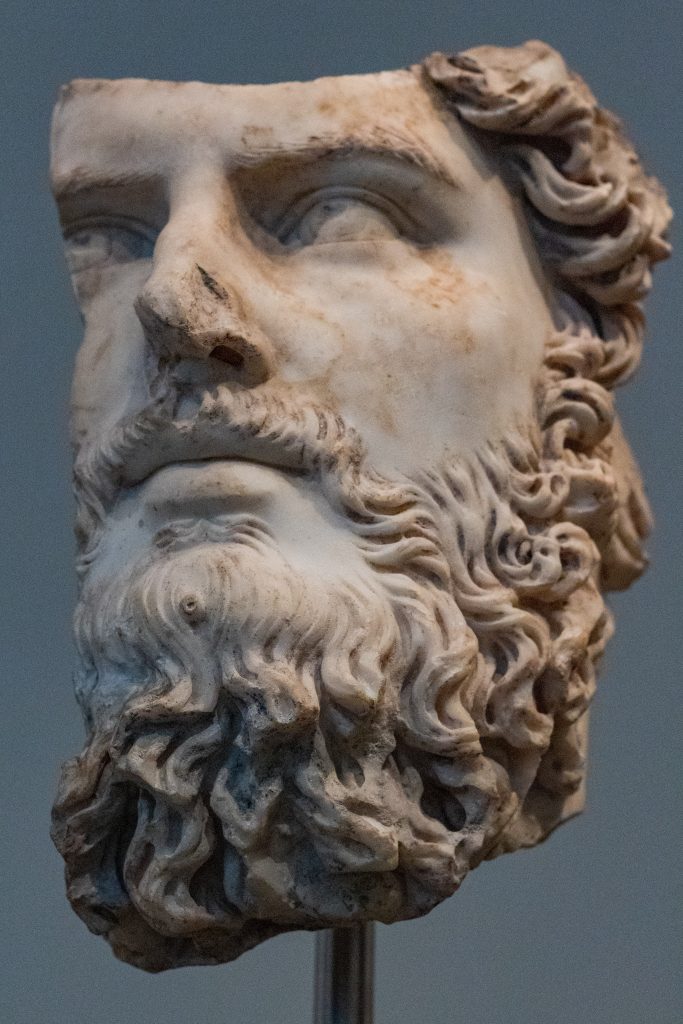You Don’t Lose People, You Return Them

There’s a beautiful quote from American poet Mikko Harvey that goes, “I think I get so scared because I’m greedy — I want to hold onto everything, the world wants to take it away…The number of hours we have together is actually not so large. Please linger near the door uncomfortably instead of just leaving. Please forget your scarf in my life and come back later for it.”
These poignant lines resonate with a deep-seated fear that often dwells within us — the loneliness that comes with the certainty of goodbye and the apprehension of never knowing when. As ancient Greek philosopher Epictetus realized all those thousands of years before, our attachments are what make it so hard to accept change. But life is in a constant state of change. To fear loss and resent change is to wrongly assume that you can go against the natural order of things.
Epictetus’ wise words are echoed in the teachings of Stoicism, which invites us to view separation and change through a gentler lens. With that said, let’s explore the insights that allow us to embrace the beauty of both the presence and absence of human connection.
Act 1: Rethinking Farewells
The first and perhaps most important principle of Stoic philosophy is the acceptance of impermanence. In this constantly changing world, refusing to let go is surely going to bring an ache to our hearts. But this perspective soothes the soul because it reminds us that the impermanent nature of our lives is part of what makes it so precious. So we can find something to be grateful for even in farewells. The Stoics advise us to acknowledge that people, like all aspects of life, are subject to change and eventually parting ways is a natural part of the human experience.
Act 2: The Treasures of Shared Moments
With this in mind, let us begin to consider each encounter as a gift of time borrowed. Is there someone in particular you’re having trouble letting go of? Maybe you just recently went through a breakup, or a falling out with a friend? While their loss may hurt you now, an important part of the healing process is recognizing all the ways they contributed to your life. So make a list of all the wonderful memories you shared with them and all the reasons why you’re thankful for them. This gratitude can help us find meaning and fulfilment even when someone leaves our life.
Act 3: Navigating the Winds of Change
As seasons change, so do the roles people play in our lives. Some arrive as the sunshine of joy, others as the storm of challenge. But just as the wind carries leaves in various directions, life guides each person down their own path. That’s why the Stoics emphasised focusing on ourselves and what’s within our control, not on others. Letting go gracefully allows both of you to pursue your own journeys in life. So whatever grudges you may feel against this person for leaving, acknowledge them and let them go. Hold the door open for them and thank them for stopping by in your life.
Act 4: New Hellos & Beginnings
Sometimes, when we’ve been hurt by the bitter sting of goodbye, we become closed off and hesitant to let new people into our lives. But remember, you don’t lose people, you return them. People aren’t ours to own, and whatever time we have with each other is always borrowed.
So when the time comes for us to go our separate ways, take comfort in the fact that life is constantly moving forward, and so should you. The end of one chapter is the beginning of another. Embrace new connections because every new hello is a promise of hope and a reminder that our hearts have endless capacity for connection.
Act 5: Returning to Ourselves
The irony of life is that the more you try to control something, the more it controls you. So don’t be afraid of losing people. Be afraid of losing yourself in trying so hard to hold on to those who are already gone. When dealing with the loss of relationships, Stoicism encourages individuals to prioritize virtue and their own character development. This means cherishing the time spent with loved ones and using those relationships as opportunities for personal growth.
Realize that the person you lost didn’t make you feel the love you felt, but that it came from you. Any love they made you feel is yours to keep because you created that love and you made them the center of it. So when they’re going — when it’s time to return them — bring that love back within yourself.
So, Psych2Goers, as we draw this journey to a close, let us hold the truth in our hearts that the bonds we forge aren’t lost or broken, but rather, we return our borrowed time with others and receive in return memories, lessons, and imprints in our hearts. Let us know your personal insights in the comments down below. Until our paths cross again, dear viewers.




Responses